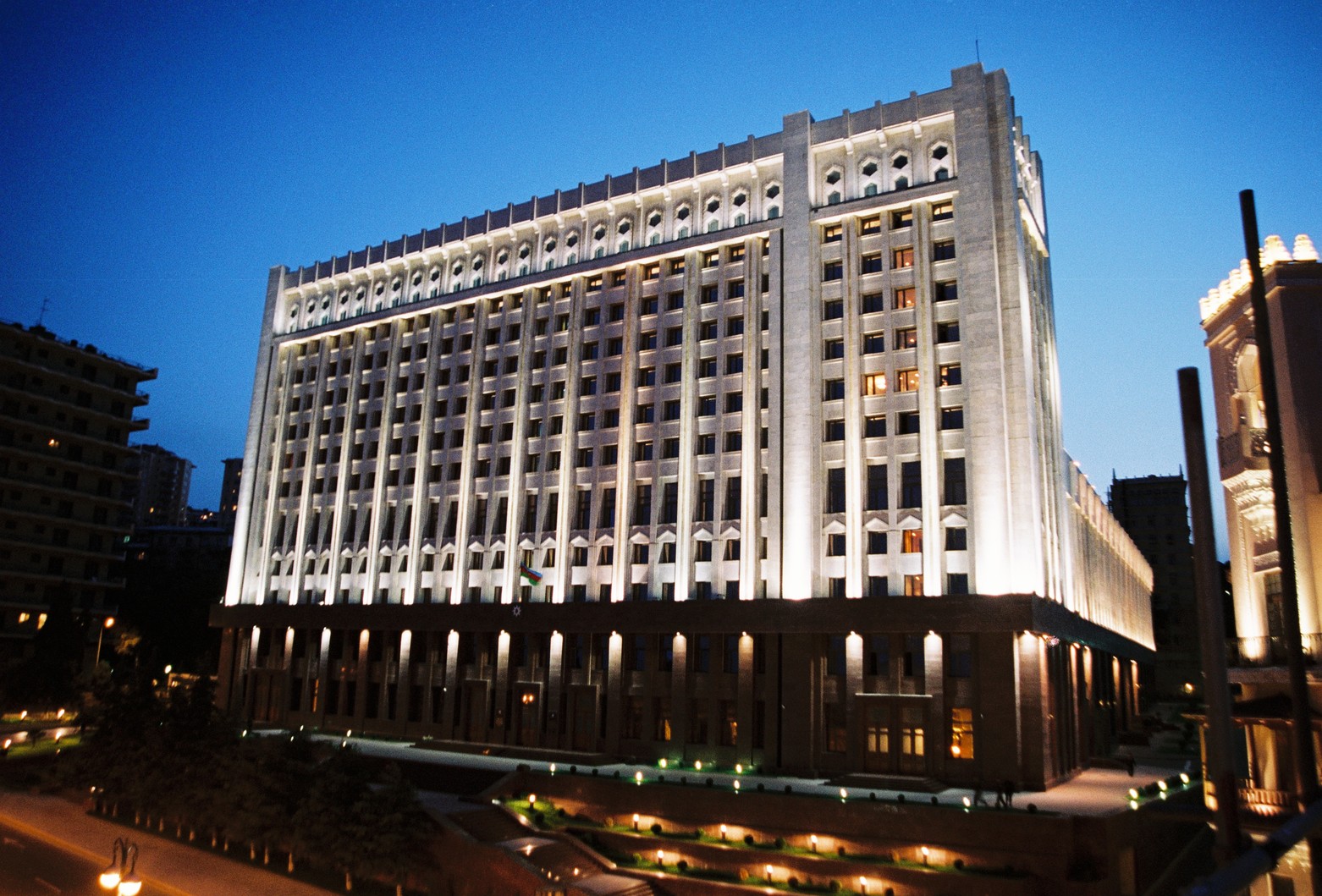The Milli Majlis (National Assembly of Azerbaijan) is discussing the second package of legislation prepared as part of the execution of the decree of the President of Azerbaijan on deepening judicial reforms.
The first package of legislative acts, developed as part of the deepening of judicial reform, was adopted in July this year. This package covered the institutional component of the reform. The adopted changes, which enter into force on January 1, 2020, laid the legal basis for the creation of two systems of specialised courts: administrative and commercial.
The bills included in the current package provide for amendments to 12 regulatory legal acts, including the Civil Procedure Code, Criminal Procedure Code, Administrative Procedure Code, Code of Administrative Offences, Laws ‘On Courts and Judges’, ‘On Judicial Legal Council’, ‘On State Judicial Expertise’, ‘On Administrative Proceedings’, ‘On Lawyers and Advocacy Activities,’ and several other laws.
In connection with the preparation of these bills, working groups were created, which included representatives of the Supreme Court, the Ministry of Justice and the General Prosecutor’s Office of Azerbaijan. An analysis of statistics and existing practices was carried out, international best practices were studied. Also, extensive public hearings were held with the participation of lawyers, academia, entrepreneurs. Proposals and conclusions of the National Confederation of Organisations of Entrepreneurs (Employers) of Azerbaijan, the American Chamber of Commerce in Azerbaijan (AmCham), and the Bar Association were received.
The bills introduced for discussion cover two main areas: the formation of a uniform judicial practice and the improvement of activities related to the conduct of forensic examination.
According to the amendments to the Law ‘On Courts and Judges,’ the goal of the formation of a uniform judicial practice is to ensure the equal application by the courts of legal norms in the administration of justice.
The draft stipulates that the Supreme Court forms a uniform law enforcement practice through decisions of the judicial boards and the Plenum of the Supreme Court on cases considered by them, as well as through clarifications of the Plenum of the Supreme Court on issues of judicial practice. The Supreme Court must also constantly update its explanations in order to ensure their compliance with the requirements of the times.
The bills envisage monitoring by the Supreme Court in order to eliminate shortcomings identified in the activities of the courts. The monitoring results will be taken into account by the Judicial-Legal Council when assessing the work of judges.
The second important area reflected in the bills is the expansion of the rights of participants in the judicial process regarding the conduct of forensic examination. The proposed amendments provide for the creation of a new legal institution: private forensic examination. They also determine the requirements for the implementation of private forensic activities.
According to the bills, participants in the civil, administrative and administrative misconduct litigation proceedings will be able, at their own initiative and at their own expense, to order forensic institutions or private forensic experts to conduct an examination, the results of which they will be able to submit to the court.
Currently, as part of the judicial reform, work is continuing on the next packages of normative legal acts. The packages that will be prepared will include legislative acts related to the humanisation and decriminalisation of criminal legislation, differentiation of state duties on cases considered in courts depending on the cost of claims, a comprehensive analysis and improvement of civil procedural legislation, and an increase in the efficiency of enforcement of court decisions.
Along with this, according to the Judicial Legal Council, work is continuing on the formation of the judiciary for new administrative and commercial courts, as well as for the changed composition of the boards in the Supreme Court and courts of appeal, which will begin to operate on January 1, 2020.
Source: //azeridaily.com/politics/51907

